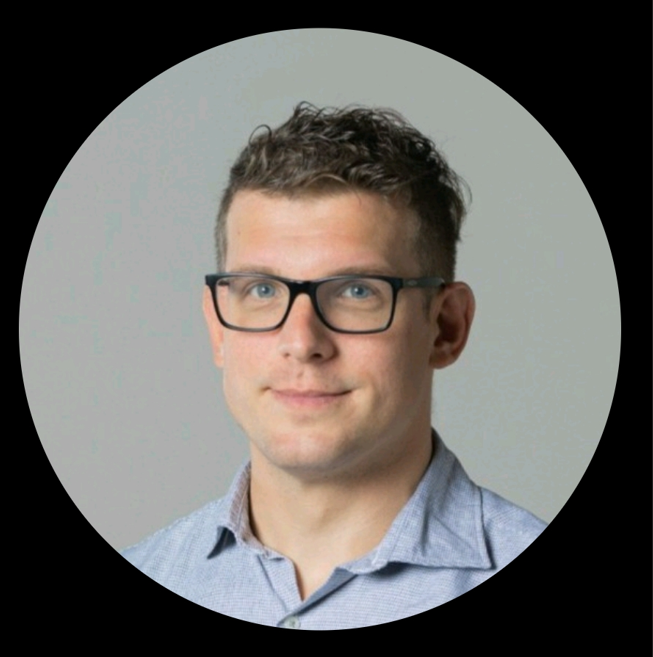Hi, I’m Philipp Bayer, for the past six years I’ve been running a node of the Hacky Hours at the University of Western Australia. Hacky Hours were originally founded by Dr Damien Irving at the University of Melbourne. They’re aimed at researchers working with code and data, from MSc or Ph.D. students to established researchers. The goal is to have a weekly get-together where people can help each other solve problems: every time you encounter an error, chances are that somebody else on campus has fixed it. In a way, Hacky Hours are a specific case of Communities of Practice (CoP): a place where likeminded people who share common problems can get together and lift each other up.
Here are five lessons I’ve learned trying to get this thing off the ground!
- It will be awkward.
Once you decide that this meeting is going ahead, chances are there’ll be weeks where far fewer or even none of the regulars appear. That’s OK! I’ve had many Hacky Hours where it was only me. Keep pushing!
- Choose your timing well.
If you set your regular meetings in the evening, you select against parents of young children, especially women. If you set your regular meetings in the morning, you select against people whose job is mainly meetings. If you set your meetings into the afternoon, you might not find a place to have it in. Every time has trade-offs, take your time, and think it through.
- Learn from the advertisers.
‘If you build it, they will come’ is a lie. Nobody will come unless you tell them to. Advertise, cold-mail people, they will not randomly learn what you’re up to. Choose your message well: it’s very easy to scare off complete beginners. Even the term ‘Hacky Hour’ is not perfect:
- Only you can make this happen.
Every CoP I’ve seen had most of the work on a single person’s shoulders. That person is you! Nobody will randomly offer to take some work away from you! Make sure that you’re ready to run this for the foreseeable future on your own.
- It’s not about you.
You will get very little recognition for this work. It’s likely that you will get no recognition (unless you actively push for that). A CoP is not about the person running the group; it’s about getting the right people to talk with each other. If you’re after the recognition, starting a CoP might be the last thing you’d want to do. Getting a CoP established take time.
- BONUS: Think about a Code of Conduct
Codes of Conduct are hard. They lay down specific rules on how to behave which will avoid future headaches: however, CoCs have to be enforced! Enforcing CoCs is a painful act that most of us are not trained for. Don’t just make a CoC because it is a box to tick only make one if you’re willing to enforce it.
In summary, CoPs are incredibly fragile. They need constant work to stay alive; mess with the regularity of meetings and you might kill the CoP. It is easy to annoy or anger people, and they’re the one thing your CoP focuses on. One misstep and they may not attend again, your pool of attendees is limited.
Good luck.

